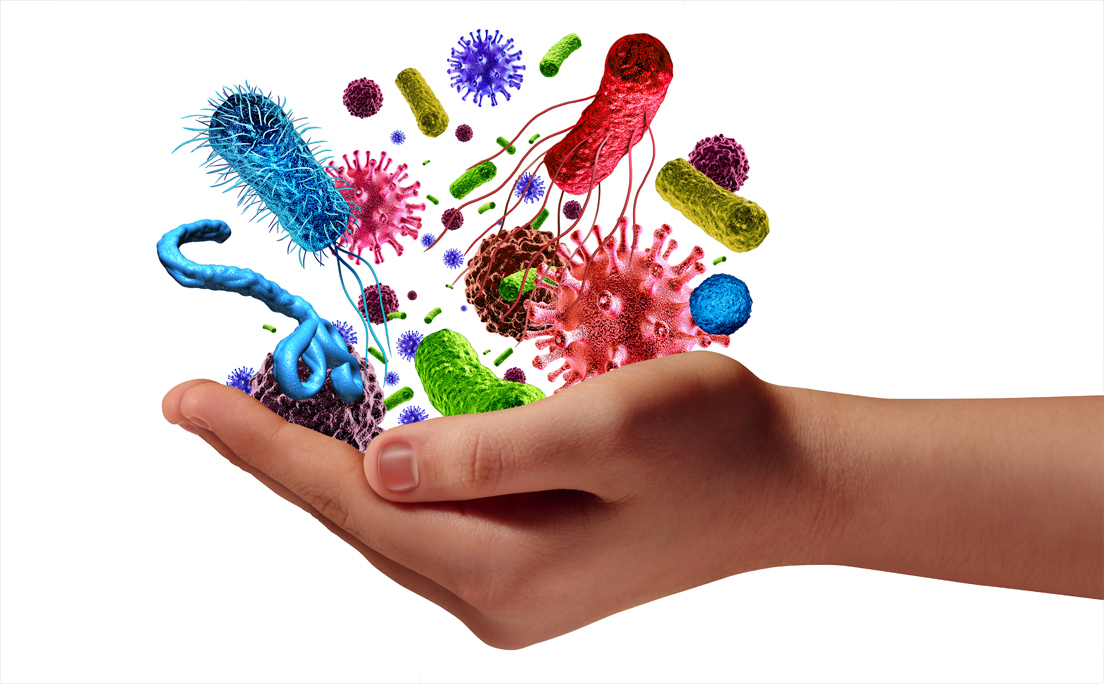Viruses or Bacteria: What’s got you sick?
Antibiotics are only needed for treating certain infections caused by bacteria. Viral illnesses cannot be treated with antibiotics. When an antibiotic is not prescribed, ask your healthcare professional for tips on relieving symptoms and feeling better.
Why can’t antibiotics be used to treat both viruses and bacteria? Simply put, they are two very different kinds of organisms. Bacteria can thrive on their own in many places. You may have heard of “good” bacteria that live in human intestines and are very beneficial for digestion and help promote the immune system. The bacteria in the gut are essential for good health. There are harmful bacteria that can make us sick. For instance, infection by bacteria can cause urinary tract infections and strep throat. These illnesses can be treated with antibiotics.
Viruses are much smaller than bacteria and require a living host to survive, much like a parasite. When exposed to a virus, it invades your cells and reproduces, causing illness. Typical examples are chickenpox and the common cold. Neither condition can be treated with antibiotics and need to run its course. Likewise, the coronavirus and its mutations, the Delta and omicron variants, are also viruses. Vaccines can reduce the risk of infection from any viruses.
Although they differ in their cellular structures, viruses and bacteria can be spread through coughing and close contact with an infected person or surfaces. Contact with animals or insects can also spread the virus. In reality, there are millions of bacteria and viruses in our everyday environment. Only 1 percent of the known microbial world causes illness in humans—about 1,400 species. The coronavirus is indeed a once-in-a-lifetime pandemic—but history has shown that it will not be the last!
Sources:
https://imb.uq.edu.au/article/2020/04/difference-between-bacteria-and-viruses
